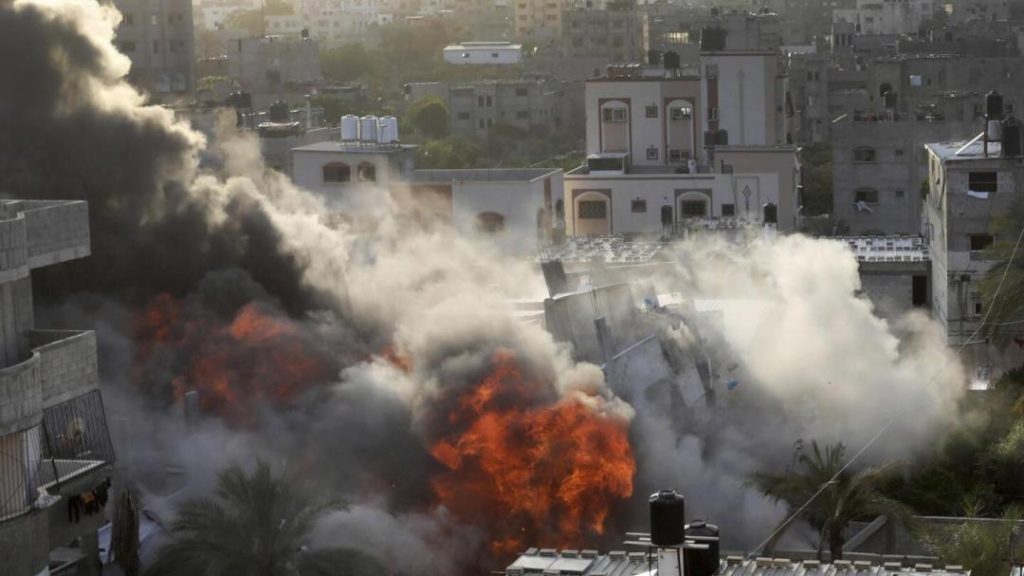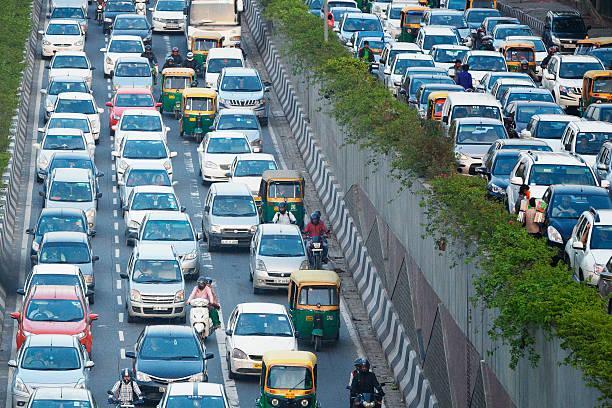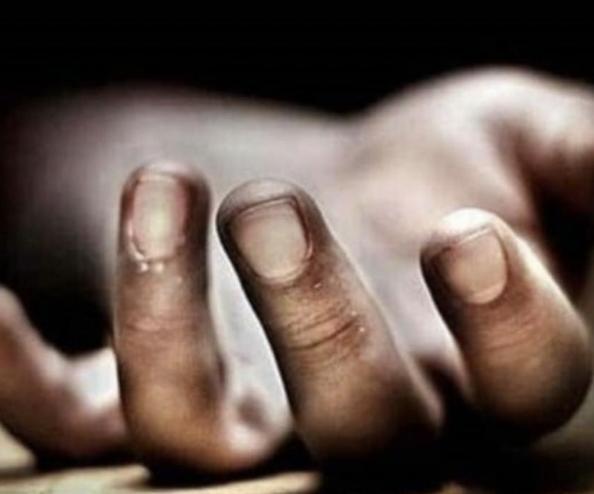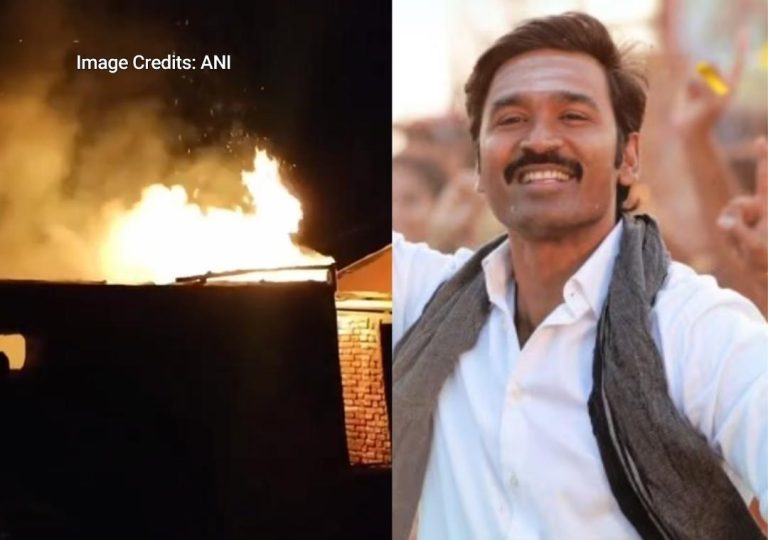
Good Friday Turns Tragic as Israeli Strikes Kill 58 in Gaza
As Christians around the world observed Good Friday with solemn rituals and remembrance, a sense of reverence and somberness filled the air. However, in the besieged Gaza Strip, the day of reflection and prayer took a devastating turn. Israeli air raids, launched on the holiest day of the Christian calendar, claimed the lives of at least 58 Palestinians, leaving families shattered and the international community reeling.
The deadliest assaults occurred in Gaza City and the northern region, with reports of bombings spreading across the entire Strip, from Khan Younis to Rafah. Medical personnel, overwhelmed with the influx of casualties, struggled to provide adequate care, as the sounds of airstrikes and explosions echoed through the war-torn territory.
The timing of the attacks, on a day typically marked by peaceful reflection and commemoration, has sparked widespread outrage and condemnation. The United Nations, the European Union, and human rights organizations have all spoken out against the violence, calling for an immediate ceasefire and an end to the Israeli military’s disproportionate use of force.
The Israeli Defense Forces (IDF) claims that the airstrikes were launched in response to rocket fire from Gaza, which they say had been escalating in recent days. However, critics argue that the attacks are a disproportionate response, and that the IDF’s actions will only serve to further destabilize the already precarious situation in Gaza.
The Gaza Strip, home to over 2 million Palestinians, has been under Israeli blockade since 2007. The restrictive measures, which have been enforced by both Israel and Egypt, have led to severe economic and humanitarian crises, with many residents unable to access basic necessities like food, medicine, and clean water.
The latest violence comes as a major blow to an already fragile community. Gaza’s medical infrastructure is crippled, with many hospitals forced to operate at reduced capacity due to the lack of supplies and equipment. The Strip’s sole power plant, which provides electricity to the majority of the population, has been shut down for months, leaving residents to rely on generators and emergency power supplies.
As the international community grapples with the implications of the attacks, questions are being raised about the long-term viability of the situation in Gaza. The United Nations has warned that the Strip is on the brink of a humanitarian catastrophe, with many residents living in dire conditions.
“The situation in Gaza is unsustainable,” said a UN spokesperson. “We urge all parties to work towards a peaceful resolution, and to take immediate action to address the humanitarian needs of the people of Gaza.”
In the face of such tragedy, many are calling for a renewed commitment to finding a lasting solution to the Israeli-Palestinian conflict. The latest violence is a stark reminder of the devastating consequences of a prolonged and unresolved conflict, and the need for both sides to work towards a peaceful and just resolution.
As the people of Gaza struggle to come to terms with the loss of life and the destruction caused by the airstrikes, the world is left to ponder the devastating consequences of such violence. The timing of the attacks, on a day of solemn reflection and remembrance, serves as a poignant reminder of the need for peace and reconciliation in the region.
Source: https://newskarnataka.com/world/faith-flickers-in-gaza-as-bombs-fall-on-good-friday/20042025/






